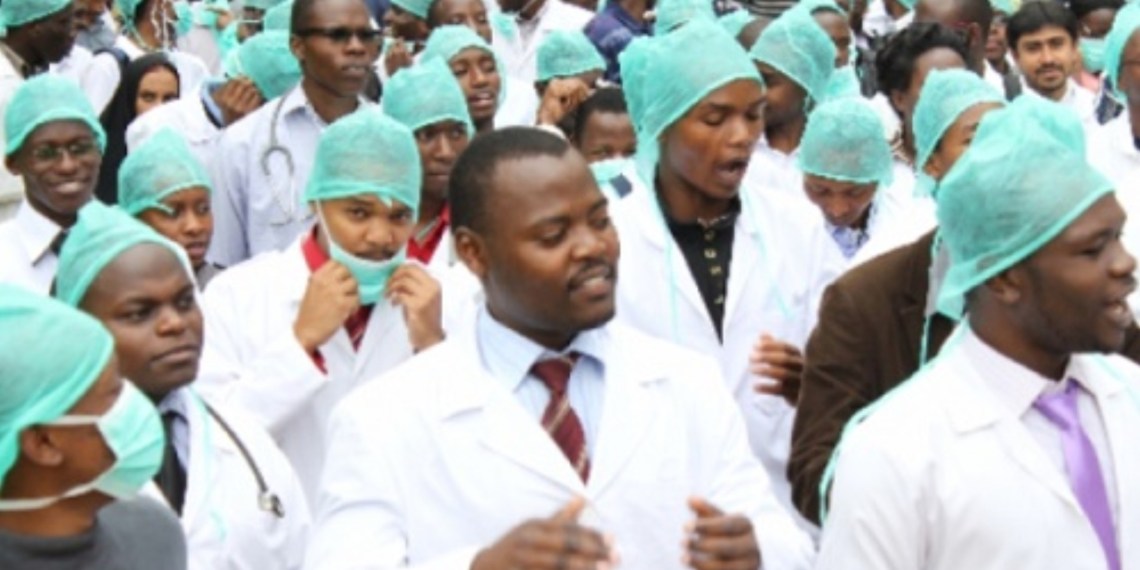A nationwide, five-day warning strike by the Nigerian Association of Resident Doctors (NARD) has brought many public hospitals to a standstill, leaving countless patients frustrated, anxious, and in some cases, left to seek urgent care elsewhere. The industrial action highlights deep-seated concerns within Nigeria’s health sector, with direct consequences being felt in hospitals from Abuja to Enugu, Kano, and beyond.
The ripple effect of the strike is clear in key medical centres such as the Federal Medical Centre (FMC), Jabi, and Wuse District Hospital in Abuja, where desperate patients gathered in need of help. On the strike’s second day, many found themselves turned away or forced to look for alternatives amidst interruption of essential services.
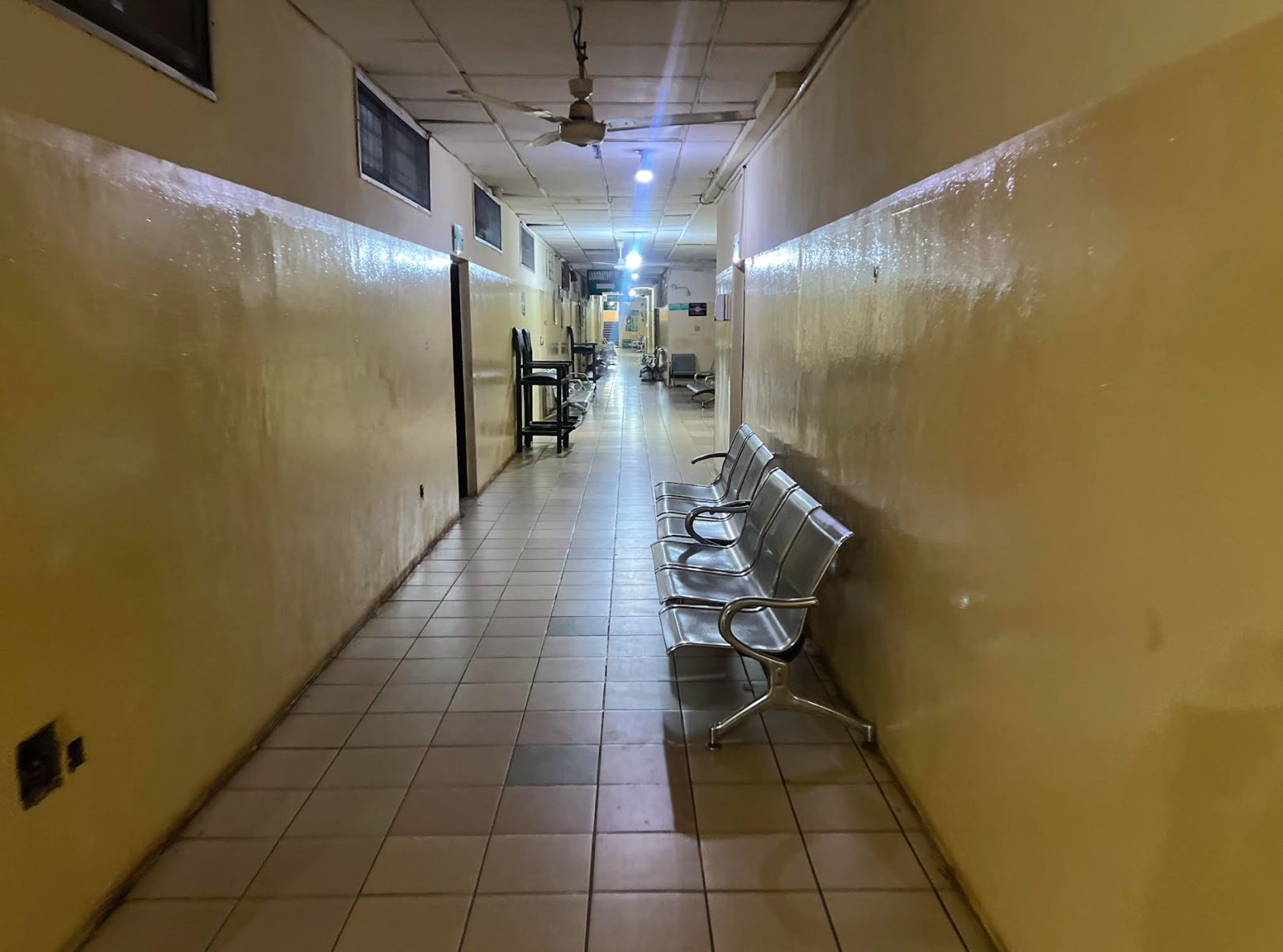
During a visit by reporters, a woman in active labour was observed being pushed out of FMC Jabi to another facility, as hospital staff declined care. Her companions expressed deep concern for her health and that of other patients similarly affected by the dispute.
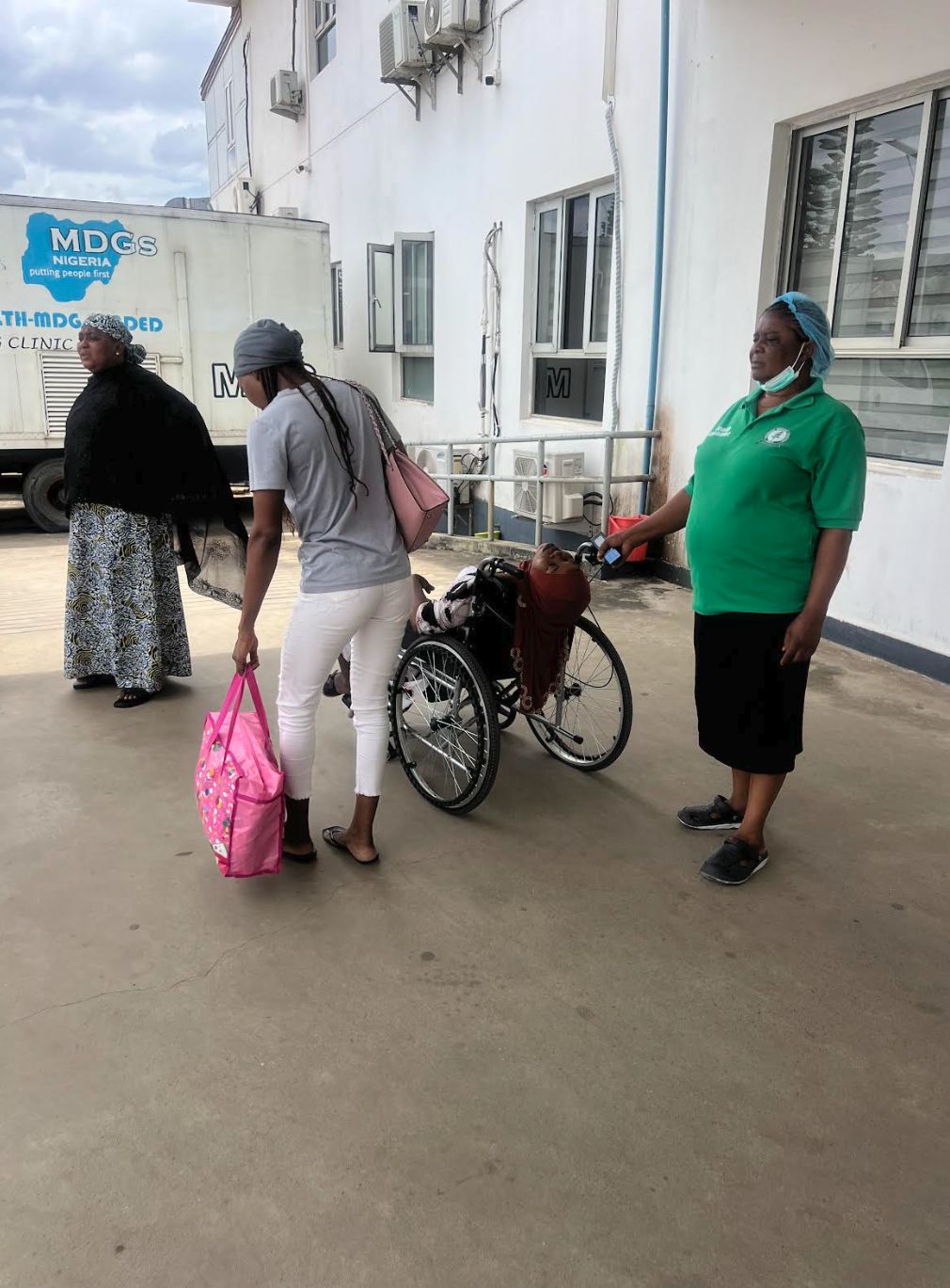
A senior doctor, who requested anonymity, admitted he had no power to intervene for such patients after seeing them leave the premises. “The withdrawal of resident doctors, who serve as the backbone of the hospital, has essentially crippled operations,” he explained, adding that many staff were only just realising the magnitude of the disruption.
One woman, veiled and visibly distressed, reported being seen by a student doctor but was told her test results would be delayed until the next day.
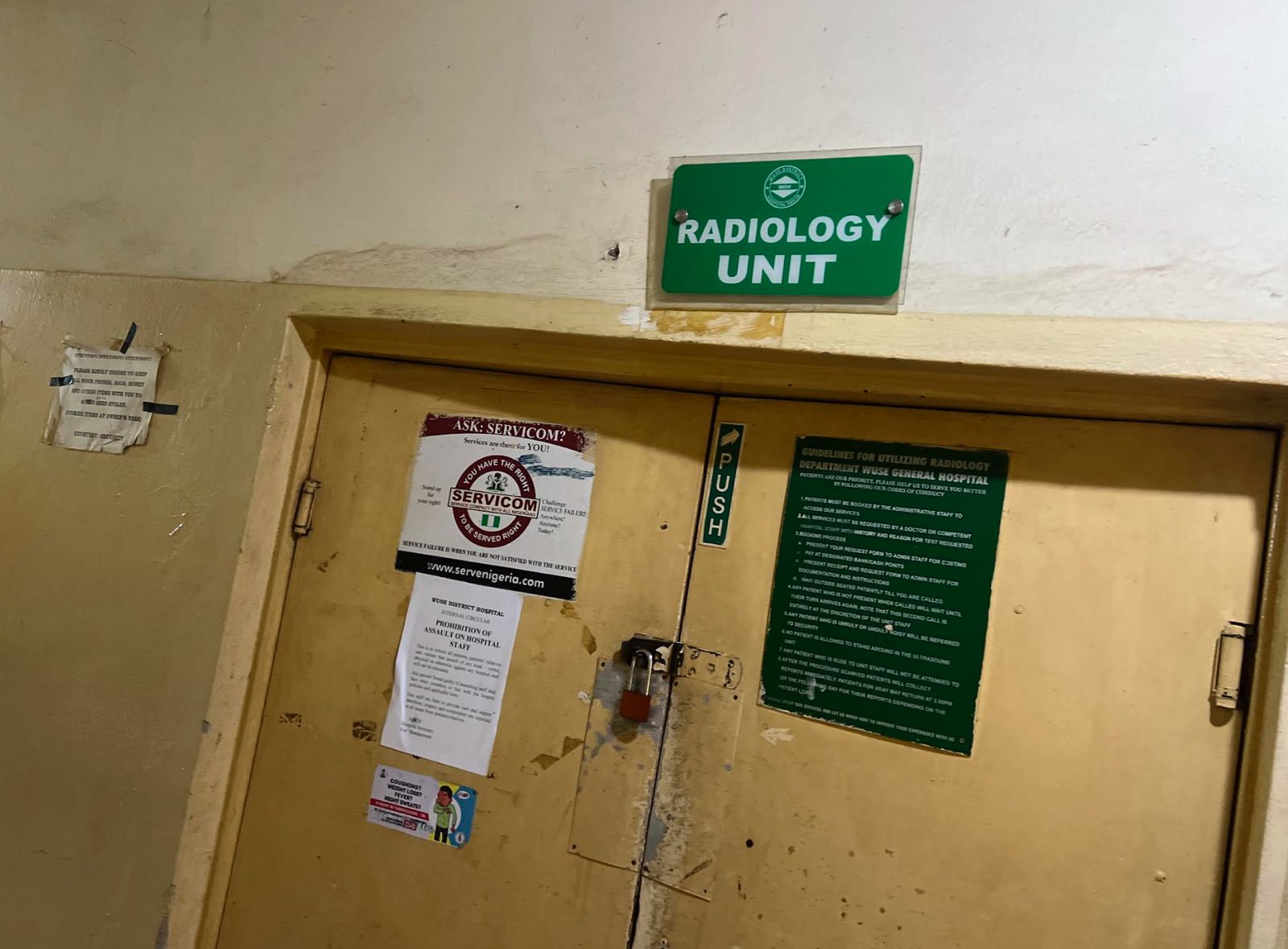
Wuse District Hospital felt the impact, too, with a hushed atmosphere, abandoned departments including a shuttered Radiology Unit, and scant staff presence. The emergency ward, normally teeming with activity, was left with only a handful of nurses and no doctors, underscoring the scope of the crisis. The waiting area sat nearly empty except for one man, exhausted enough to sleep on a bench.
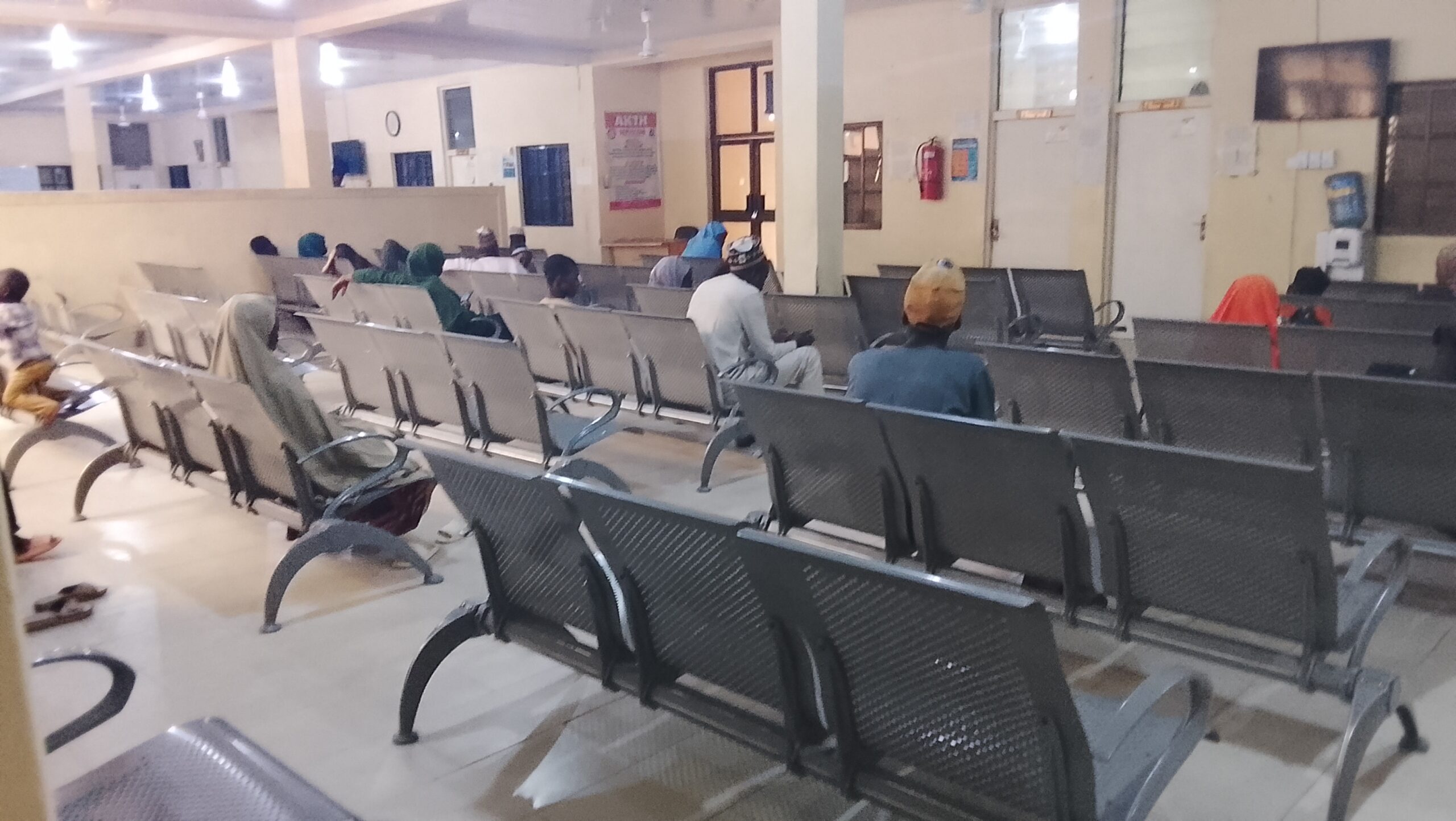
The Roots of the Strike
NARD’s five-day industrial action, which began on a Friday, followed repeated ultimatums issued to the federal government over unmet demands. At the centre of the doctors’ grievances are:
- Release of the 2025 Medical Residency Training Fund (MRTF)
- Payment of five months’ arrears under the revised Consolidated Medical Salary Structure (CONMESS)
- Settlement of other outstanding allowances
Additionally, NARD condemned the Medical and Dental Council of Nigeria for allegedly downgrading internationally recognised membership certificates from the West African Colleges of Physicians and Surgeons, further fuelling tensions in the sector.
Resident doctors are the lifeblood of Nigeria’s tertiary hospitals. When they strike, history shows that healthcare delivery is often severely compromised nationwide.
Enugu: Patients Lament and Pray for Luck
At the National Orthopaedic Hospital, Enugu State, the strike’s consequences have left patients fearing for their lives. Activities were effectively halted and many described the experience as a situation where “survival is by chance.”
Nebechi Emmanuel, a road accident victim recovering from a fracture, recalled, “I normally receive daily treatment from doctors. Since Friday, that has stopped. They say services will resume after the strike.” He added, with concern, “My condition is getting worse without treatment.”
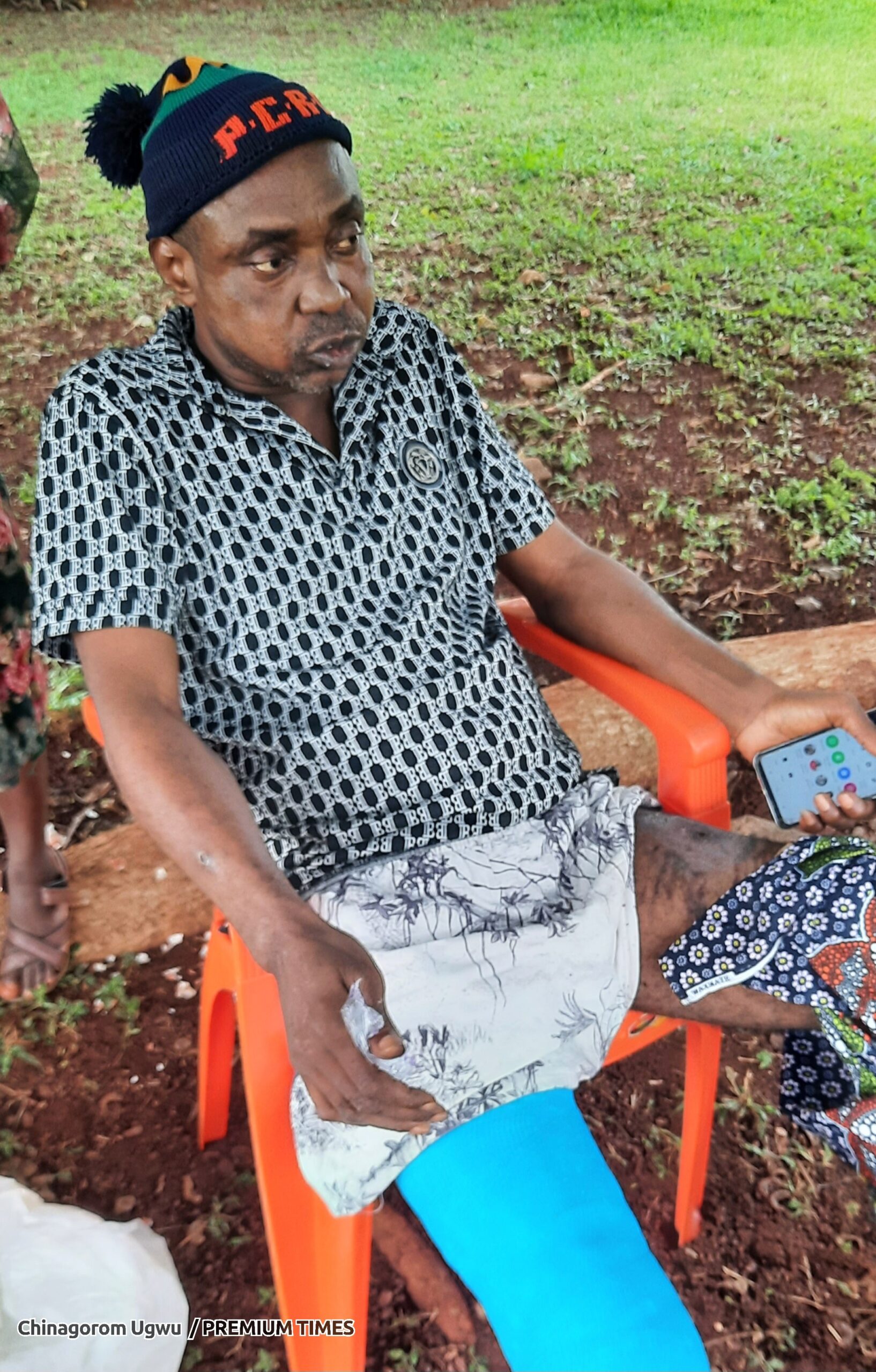
Chinwe Agozie, caring for her elderly mother in the ward, shared a harrowing story of a health scare during the night with no doctor willing to respond due to the strike. “She just survived by the grace of God,” Chinwe recounted. “A patient nearby suffered severe bleeding throughout the night without attention. The situation is desperate,” she pleaded, urging the government to swiftly address the doctors’ demands.
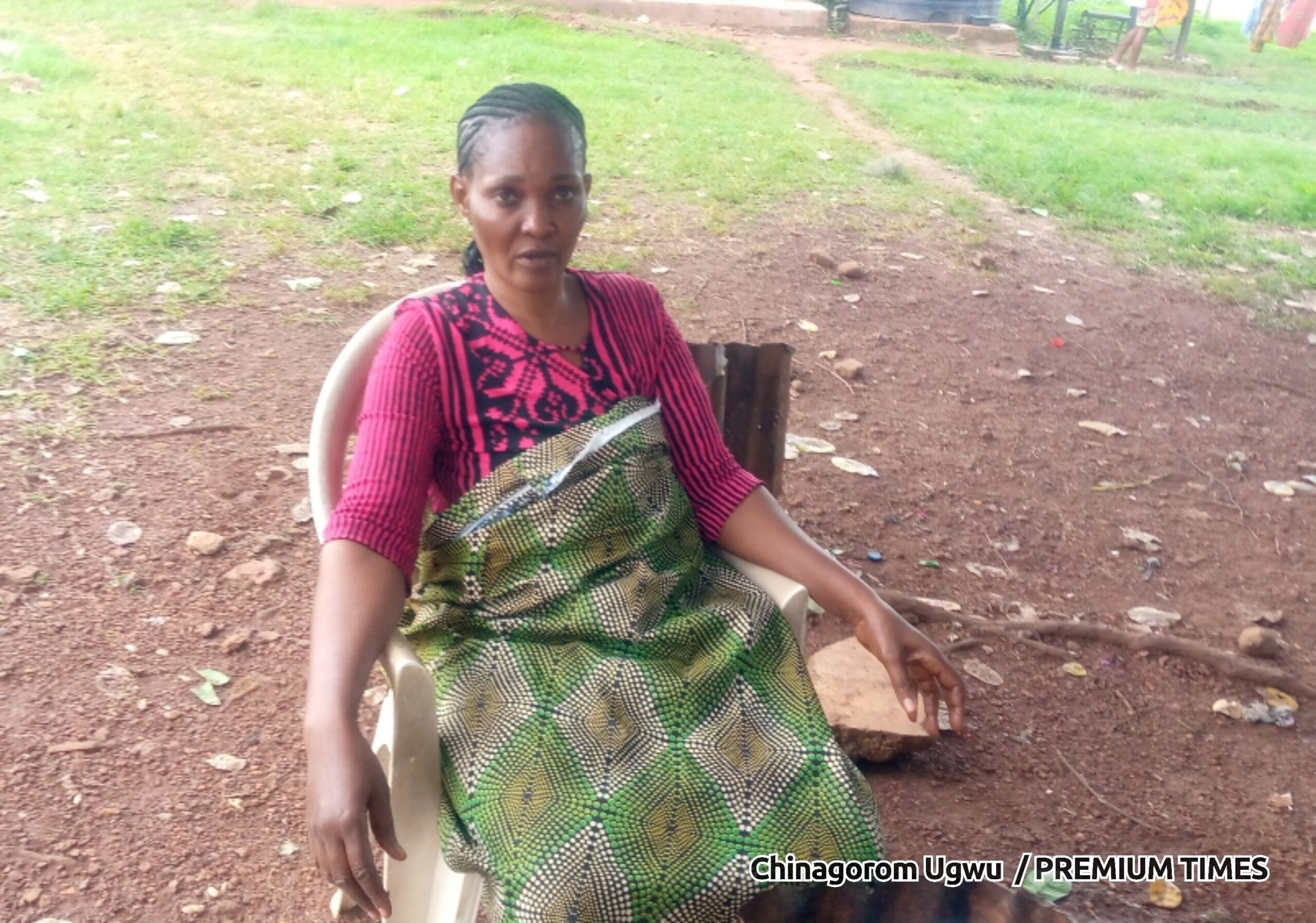
Many others echoed similar frustrations. Chigozie Nnamani described the feeling of “abandonment,” noting that patients with critical needs were now at heightened risk.
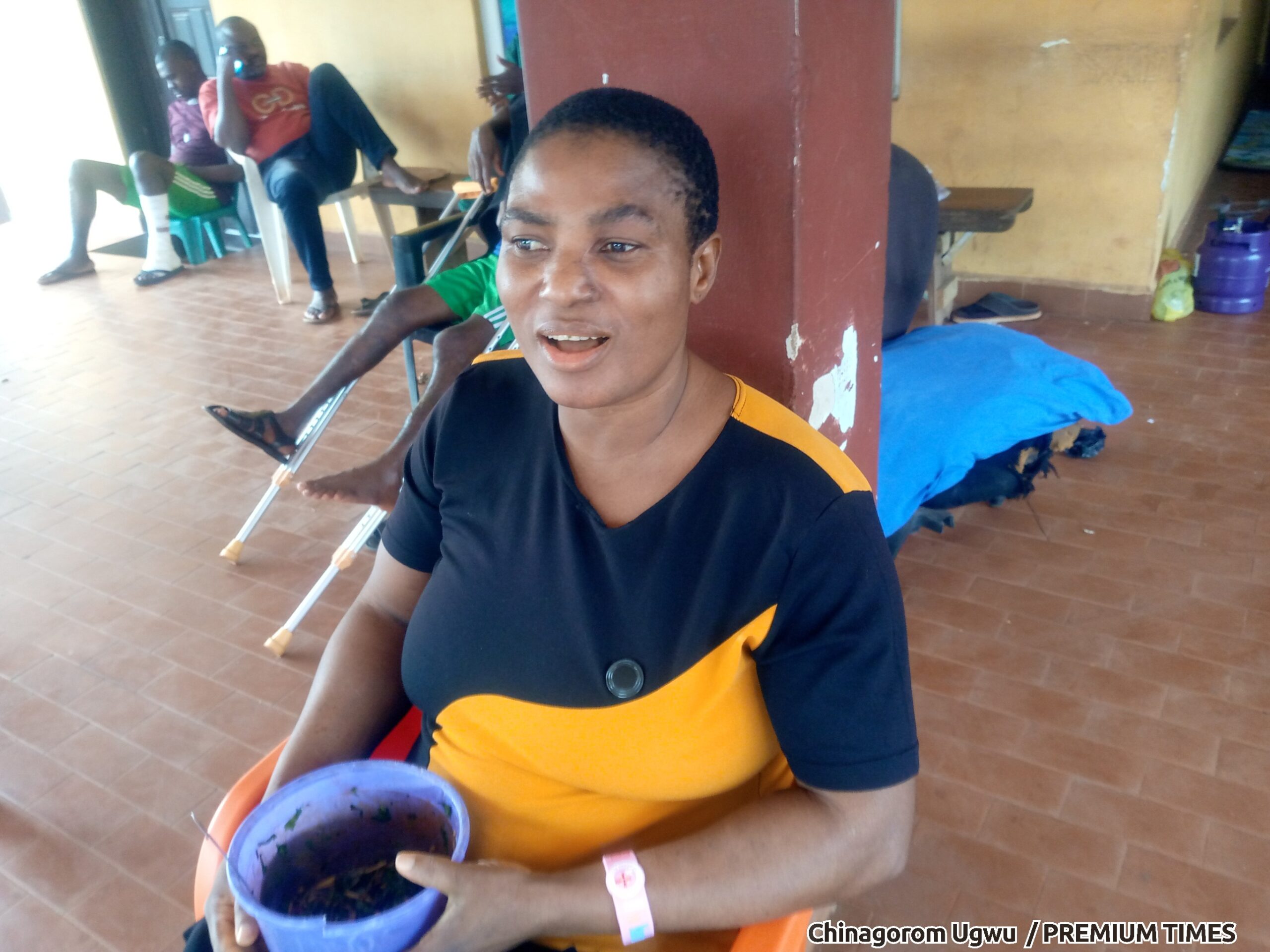
Officials at the hospital confirmed that admissions had stopped, even for emergencies. In contrast, the Enugu State University Teaching Hospital, Parklane, continued to operate normally as it did not join the NARD strike.
How Hospitals Are Coping in Kano, Akwa Ibom, and Lagos
Some institutions, such as the Aminu Kano Teaching Hospital (AKTH), Kano, responded to the withdrawal of resident doctors by mobilizing senior medical personnel. A staff member at AKTH’s Accident and Emergency Department noted, “Consultants have stepped in, ensuring emergency cases are still being taken care of.” However, the absence of residents in the General Outpatient Department created bottlenecks — only two doctors per shift instead of the usual five, which significantly slowed patient flow.
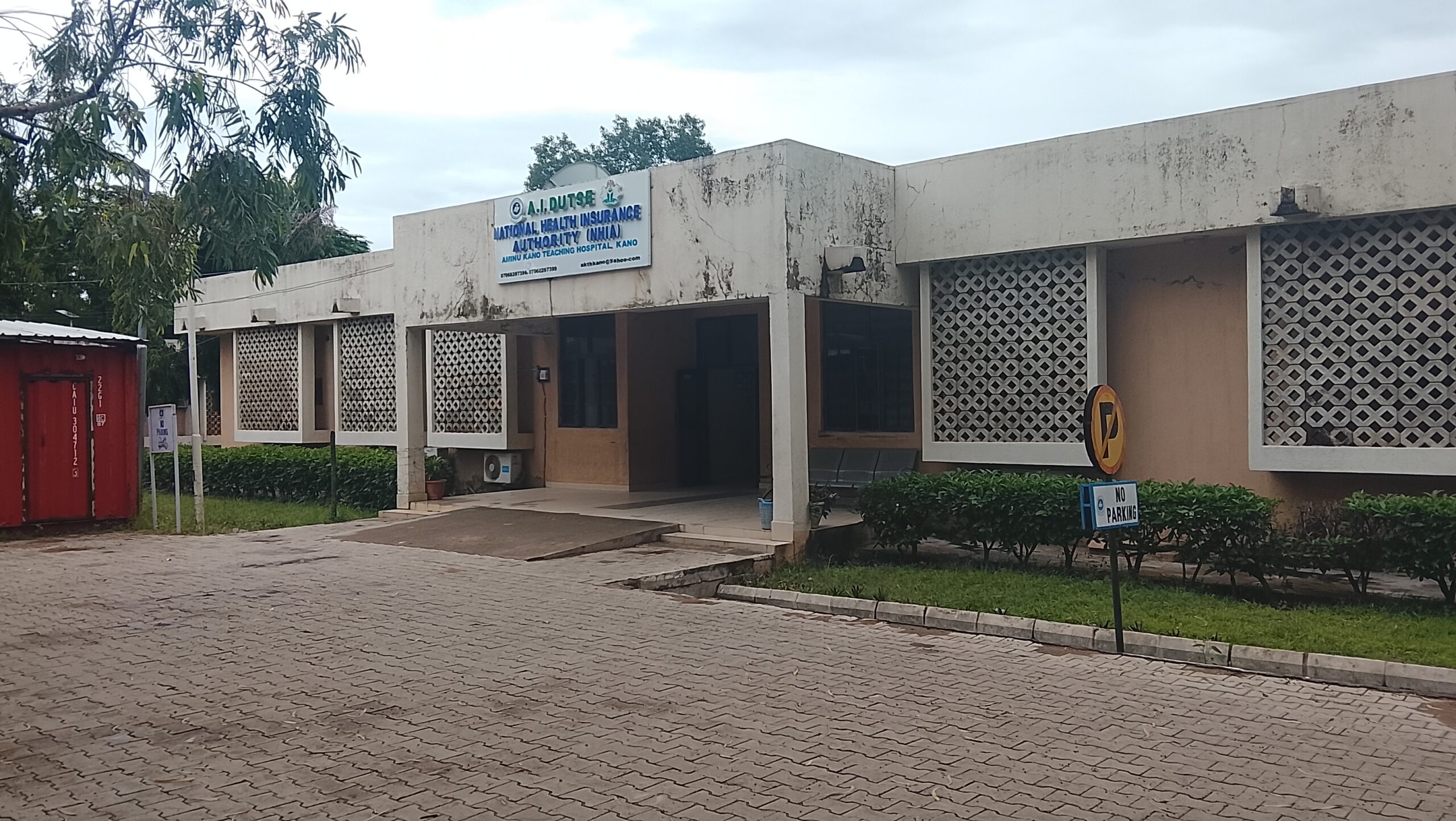
Frustration was also palpable among consultants. “I started my shift at 2 p.m., and the sheer number of patients is overwhelming. By mid-afternoon, I had more than 50 people to attend to,” lamented one, describing a burden that has intensified since the strike began.
Patients in Kano reported mixed experiences — while emergencies were being handled, others faced extended waiting times and reduced medical attention as staff were stretched thin.
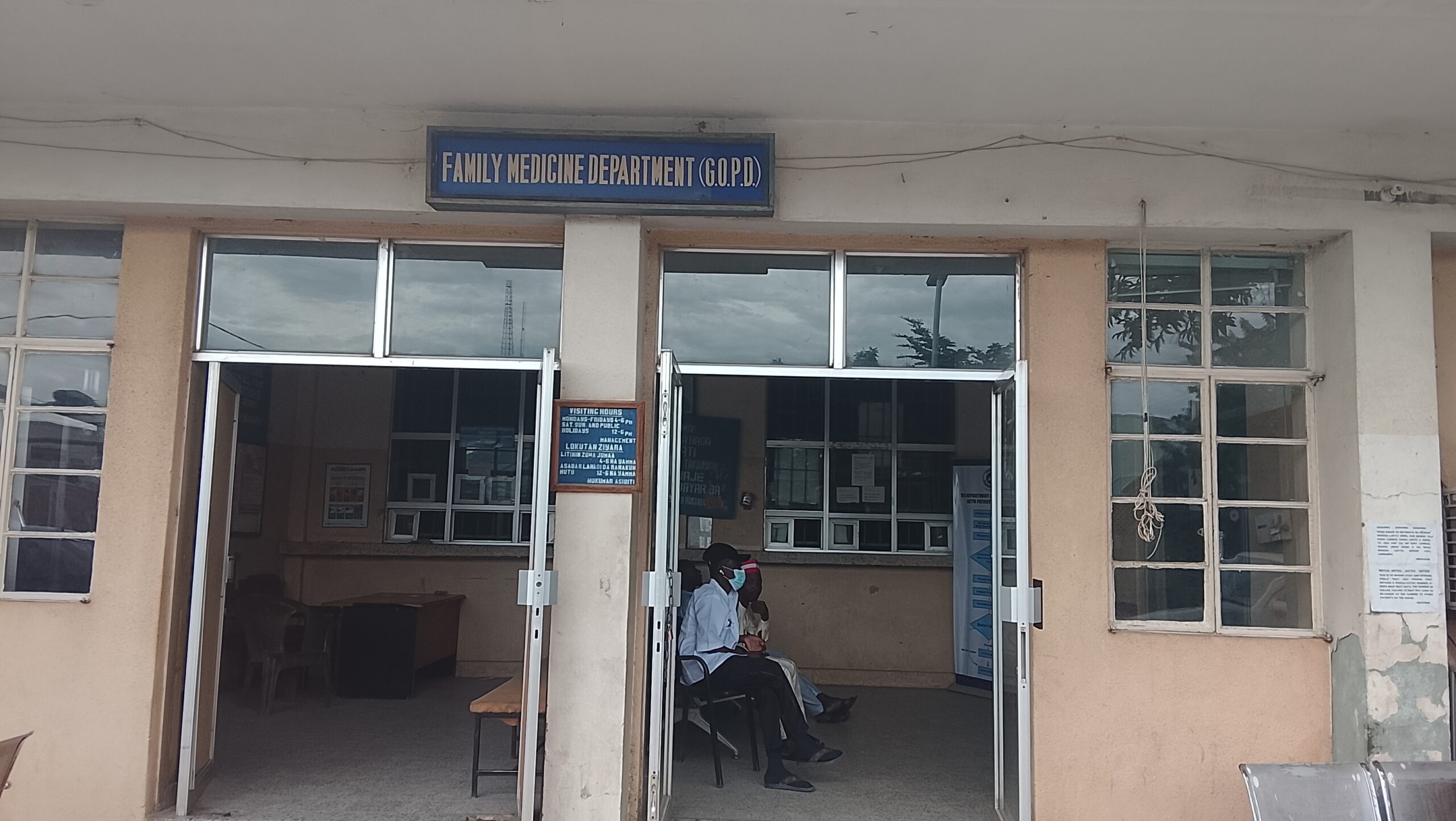
In Akwa Ibom State, the University of Uyo Teaching Hospital (UUTH) faced a similar strain. A nurse reported that most departments had begun discharging patients early because doctors were unavailable to provide ongoing care. “New cases are no longer being accepted. Consultants aren’t sufficient to cover all wards, and our main focus is on managing those already admitted,” explained the Chief Medical Director, Ememabasi Bassey.
Frustrated relatives, like Monday Okon and Kufre Sunday, reflected on the hard choices families must make, often choosing between suboptimal care at overstretched public facilities or exorbitant bills in private clinics.
Financial and Social Impact: When Care Means Exorbitant Costs
At the Federal University Teaching Hospital, Owerri, services ground to a halt. Esther, a patient’s relative, told journalists that her brother, awaiting abdominal surgery, had to be taken to a different hospital — where the upfront cost was N700,000, far beyond her family’s means. “There’s no one to even sign discharge papers, much less treat or transfer patients,” she said.
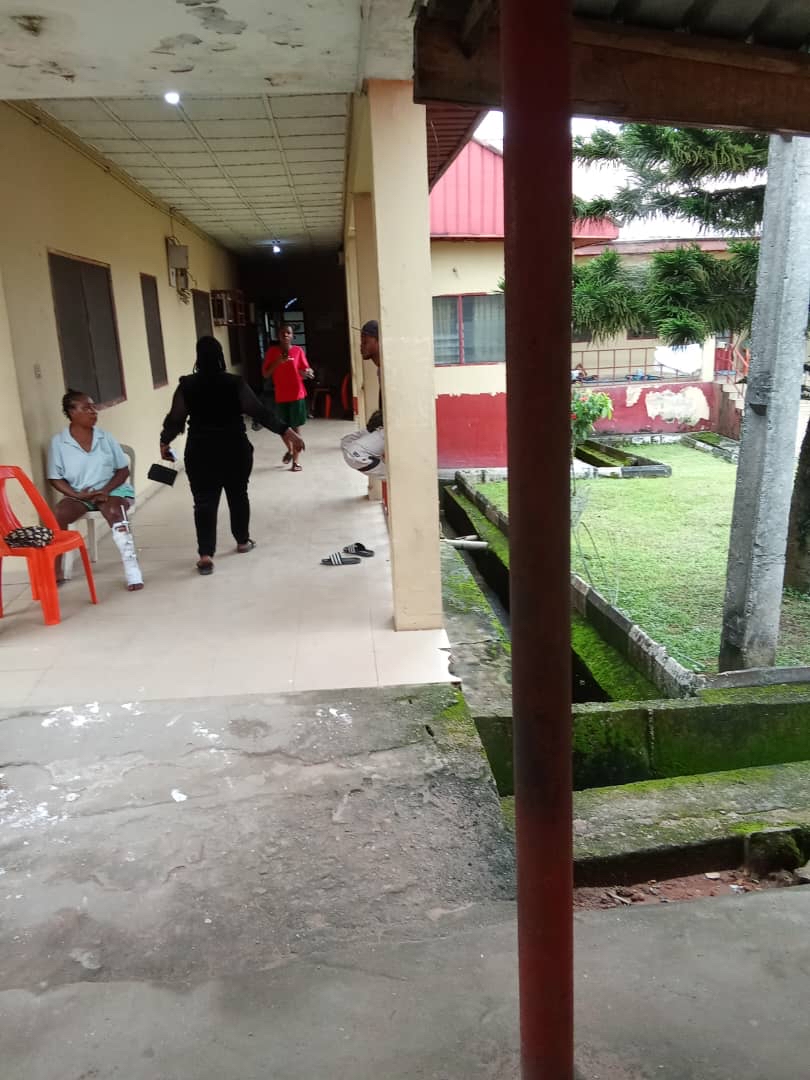
Surveys of additional wards confirmed what she described: no consultations, surgeries, or proper transfers taking place — only very basic care in the casualty department by the few doctors available.
Abuja and Lagos: Patchy Access and Difficult Choices
At Abuja’s Karshi General Hospital, large wards often filled with recovering patients were practically empty, with only a skeleton staff present. According to a pharmacist, since the strike commenced, patient numbers had plummeted and hospital activities were limited to “essential” wards such as Accident and Emergency.
A nurse noted, “We now only assess, stabilise, and then refer patients to private hospitals. Admissions and surgeries are on hold except for the most urgent cases handled by a handful of consultants.” These consultants, mostly in surgical specialties, are available primarily during weekdays, making off-hour emergencies particularly perilous.
Despite the challenges, some services — including antenatal care and laboratory testing — continued under consultant oversight. Other hospitals witnessed near-total shutdowns except for the most basic interventions.
Lagos: Contrasting Realities as Strike Compliance Grows
In Lagos, compliance varied. At the Federal Neuro-psychiatric Hospital, Yaba, and the Lagos University Teaching Hospital (LUTH), full participation in the strike by resident doctors was observed. According to Dr. Benjamin Uyi, president of LUTH’s Association of Resident Doctors, the strike was a last resort to improve their welfare, working conditions, and patient safety. He emphasized, “Doctors’ welfare directly affects the quality of care provided. Burnout and excessive workload are growing concerns.”
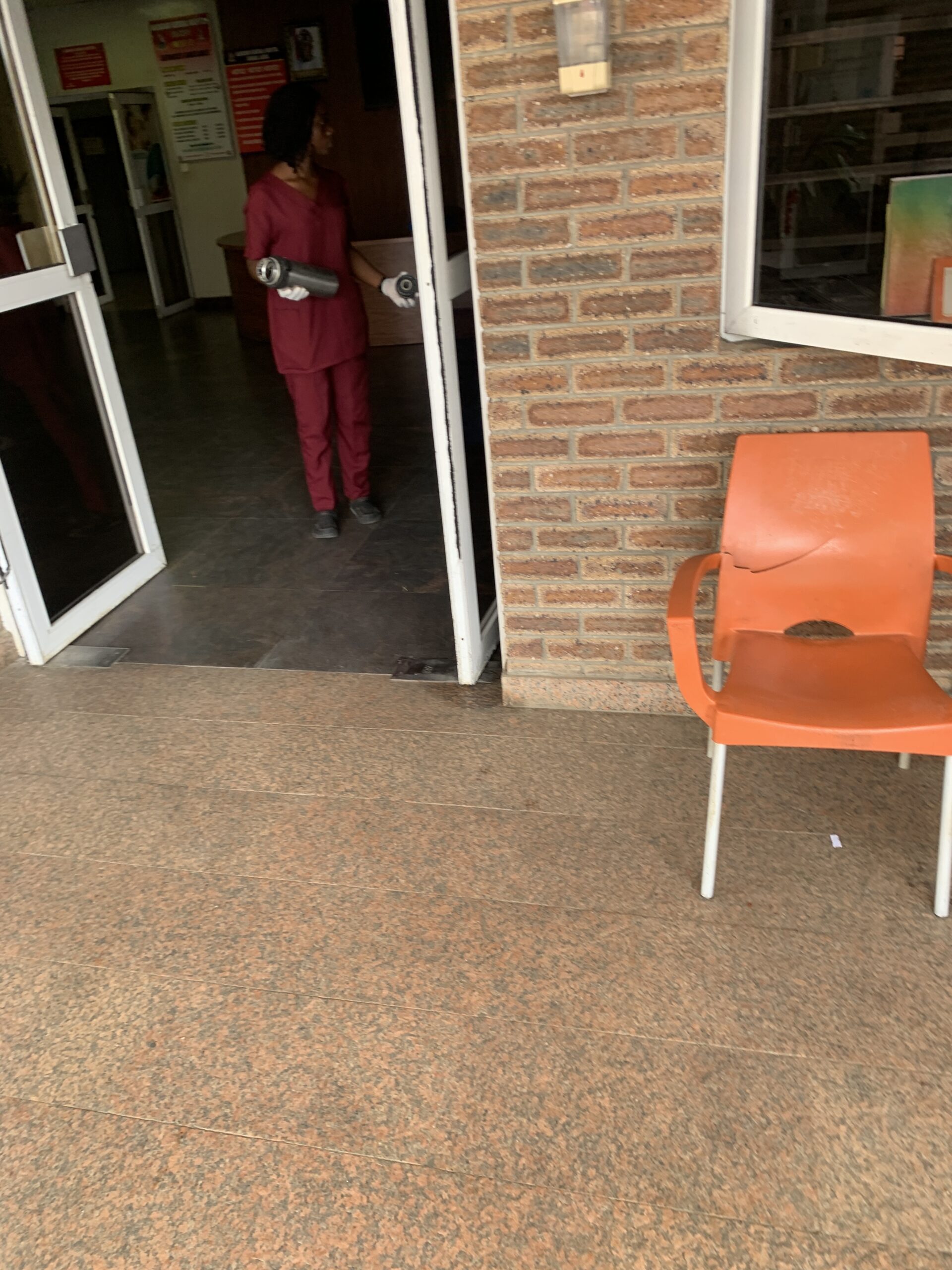
Yet, at Alimosho General Hospital, healthcare activities continued much as usual, with staff reportedly unaware or unaffected by the industrial action. A security guard noted, “If there was a strike here, the wards would be empty — but doctors are still working.” Parents, like Adeleye Isiaka whose child was discharged from the pediatric unit, confirmed ongoing care and upcoming follow-up appointments.
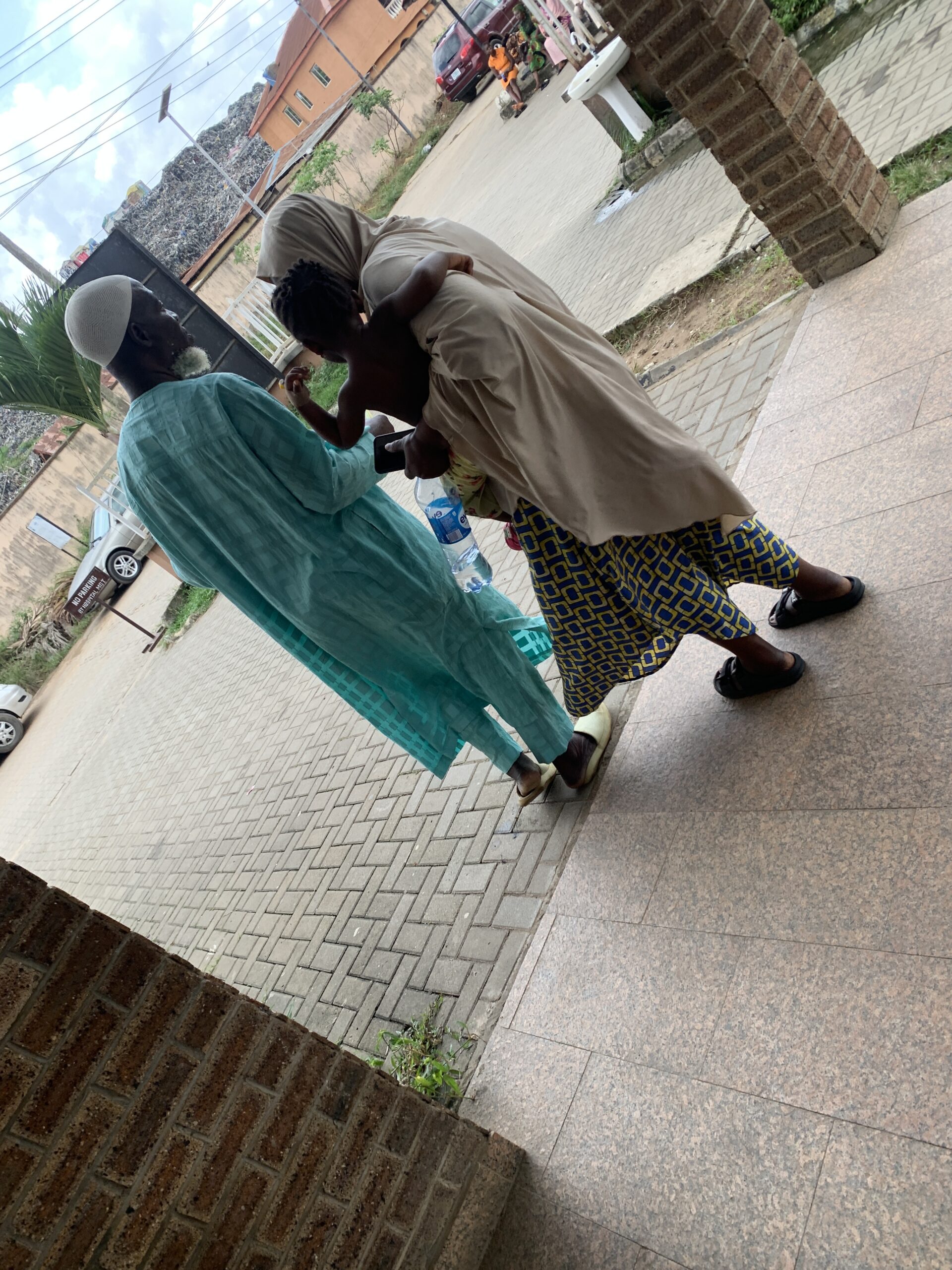
This uneven compliance reflects both logistic complexities and varying managerial responses, but the large-scale disruption faced by most hospitals remains the dominant story.
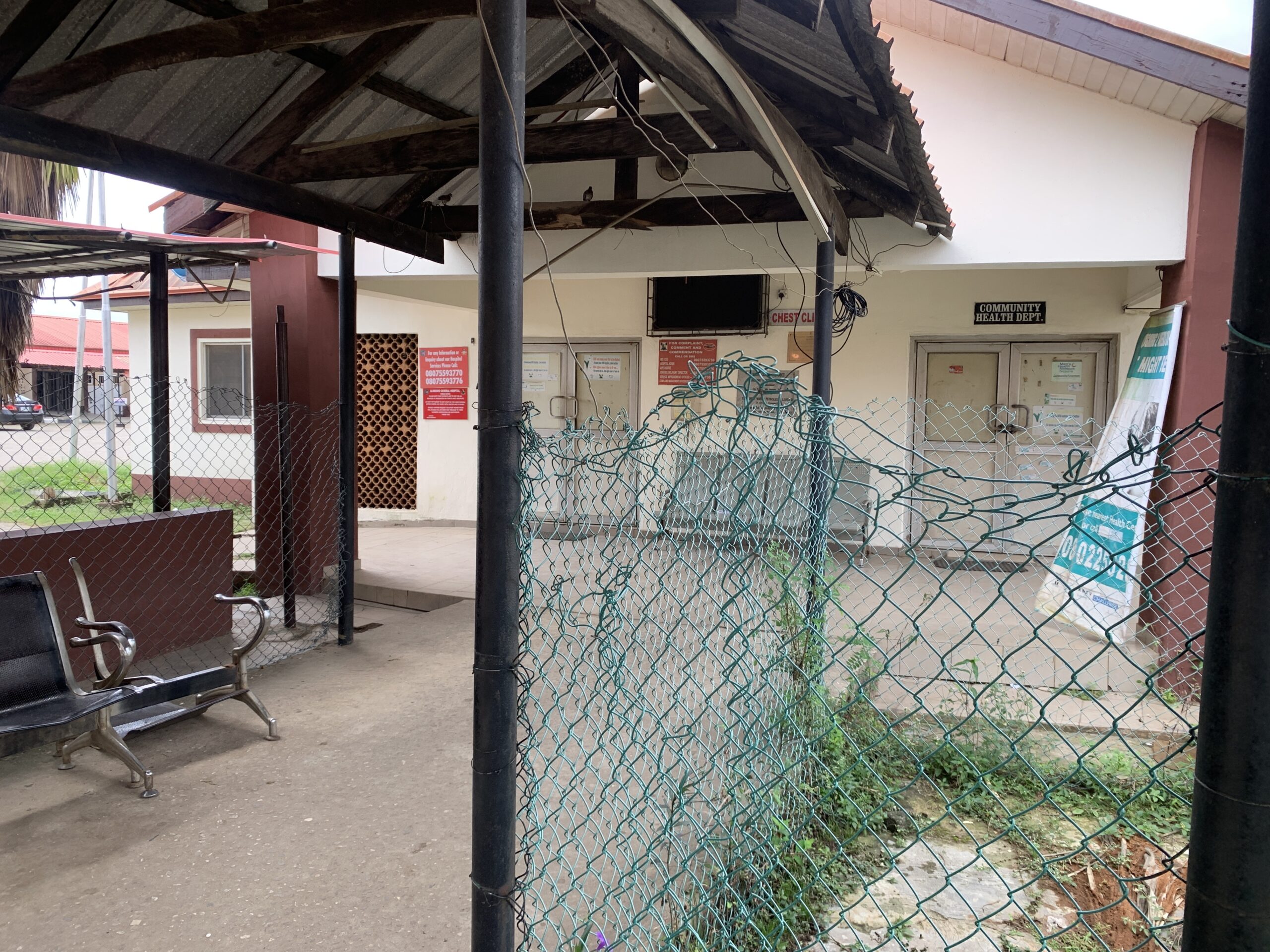
Government Response and What Lies Ahead
With frustration and fear mounting among patients and medical staff, NARD scheduled an emergency National Executive Council meeting to review the strike and decide the next steps. Doctor representatives indicated a willingness to negotiate, but urged the government to address their demands promptly to prevent a deeper health crisis.
The strike shines a harsh spotlight on ongoing challenges in Nigeria’s healthcare system: chronic underfunding, brain drain, and the impact of industrial actions on vulnerable communities. It serves as a wake-up call for all stakeholders — from policy makers to the average citizen — about the urgent need for sustainable solutions that safeguard both medical professionals and the patients who rely on them across Nigeria, West Africa, and beyond.
How has the health workers’ strike affected you or your community? What do you think are sustainable ways forward for Nigeria’s hospitals? Let us know your thoughts below, and keep following for more updates.
To sell or share your story, email us at story@nowahalazone.com.
Need support? Contact: support@nowahalazone.com.
For updates and more conversation, join us on Facebook, X (Twitter), and Instagram!




